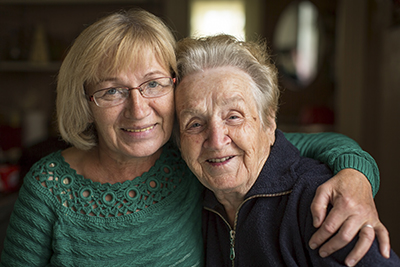
It can be one of the most difficult events in one’s life; having to tell your elderly mom, dad, or other close loved one that they need more help and care. It isn’t just hard for the elder who can no longer manage their finances or physical care by themselves – it can be even harder on the caretaker who is accepting this huge responsibility.

You may not have seen it coming. Your strong-willed, intelligent, and loving parent that nurtured and raised you the best they could is now having some problems that greatly concern you. Maybe they are starting to forget certain things, like paying bills on time, taking their medication, eating regularly, or misplacing their keys. It may have started slowly, but there is no denying that something needs to be done to protect your parent’s health and finances, and they deserve no less.
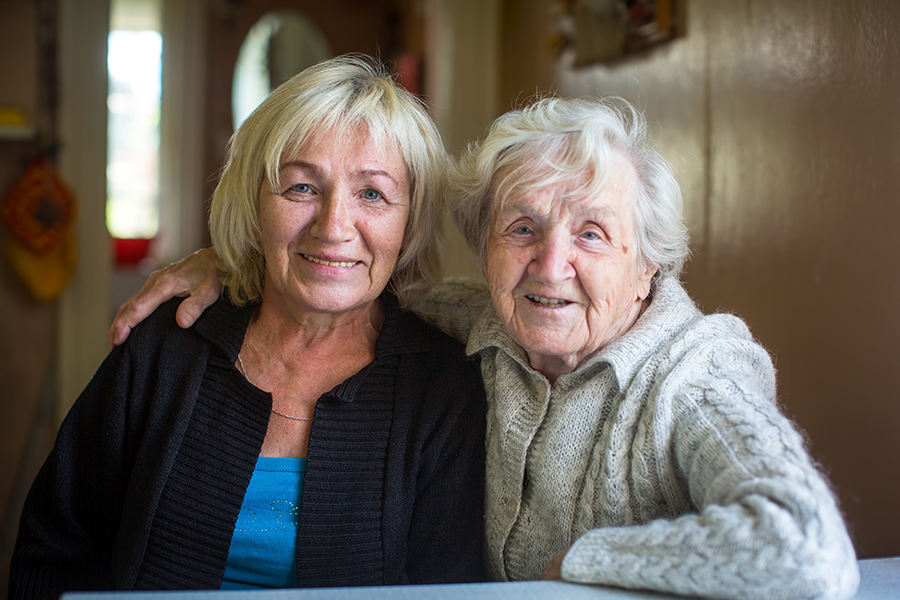
Are you worried about what might happen to your parents as they age? Elders are, sadly, often targeted for money-making scams. There are plenty of people who want to take care of their cognitive decline.

Everyone plans for a long, fulfilling life without financial constraints. Those who plan wisely enjoy leisure and comfort in their later years. Yet, for many people this isn't the case. Sometimes other family members need to help plan the care of a loved one.
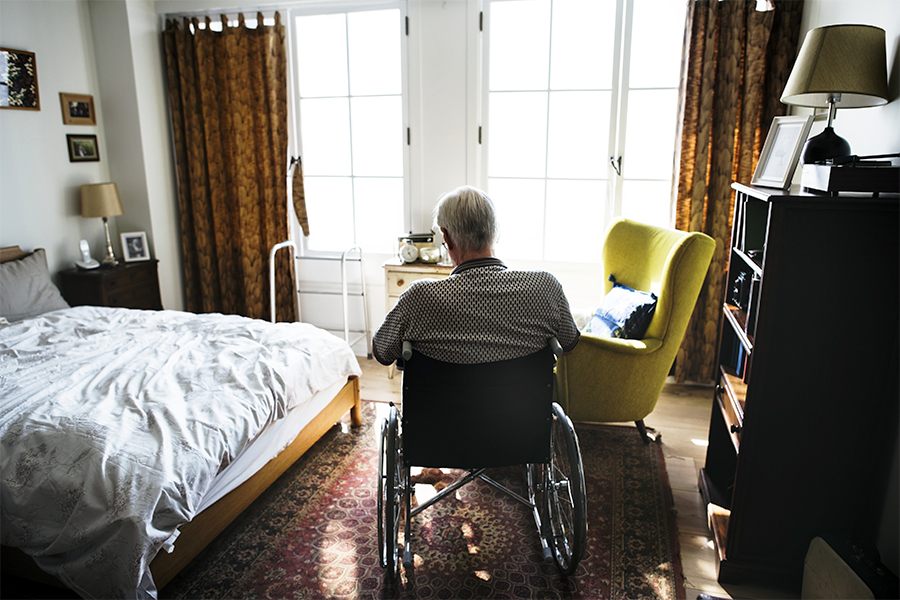
At some point, elderly people may benefit from the care offered by a nursing home. Although this is often a hard decision for families to make, it can be beneficial in the long run. However, not everything at nursing homes goes smoothly.
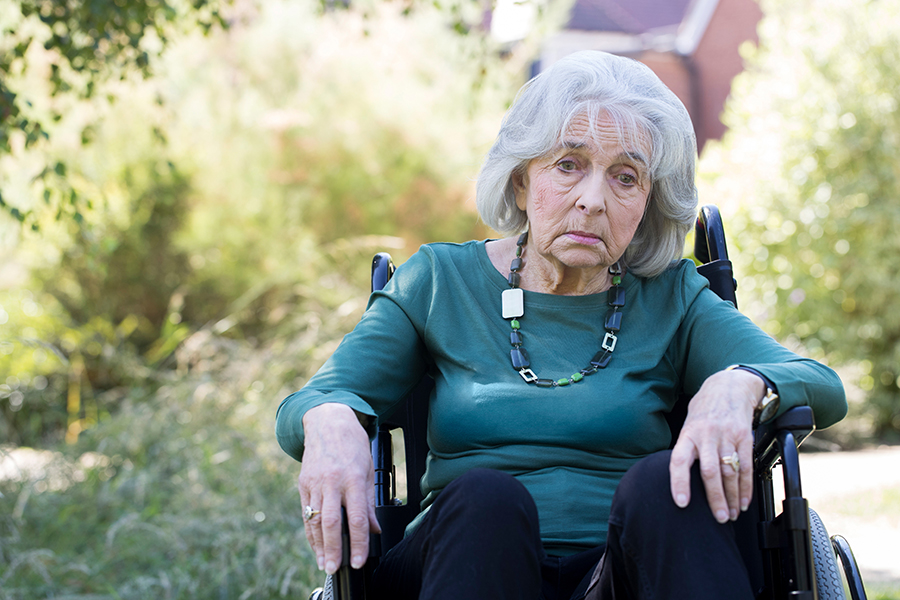
Putting a relative into a nursing facility is a hard decision to make. As a caring family member, you want to ensure that your relative gets the best care possible. Unfortunately, nursing home abuse is prevalent across the United States. Organizations that engage in this activity betray the public's trust. Due to this, the law provides recourse for those who suffer such harm. Learn more about this form of elder abuse so that you can recognize this activity and take legal action.
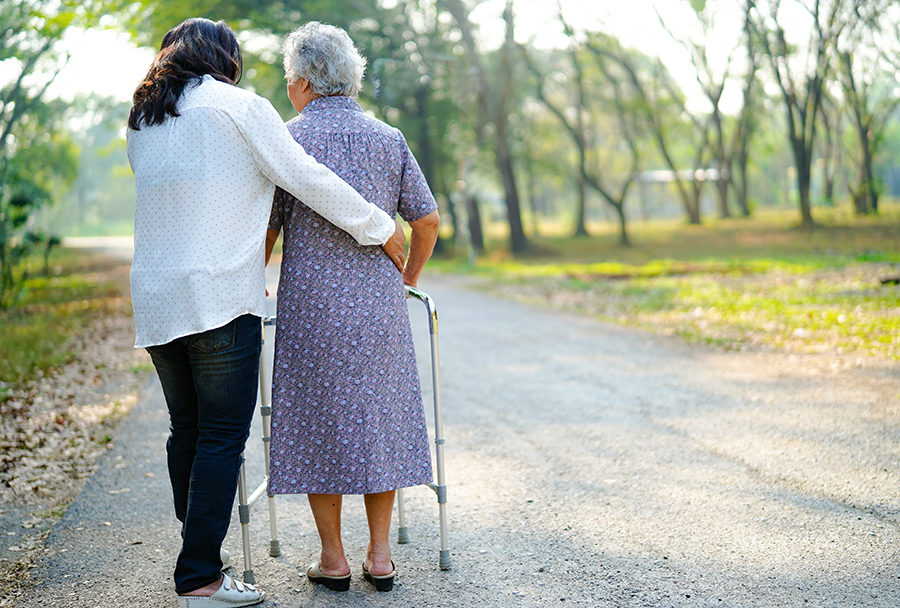
Many Americans care for elderly parents or relatives as they advance into their latter years. When undertaking this responsibility, it is important to inform yourself about all the aspects of elder law and end of life law. One law that you may be unfamiliar with is the Older Americans Act, or OAA. This is federal legislation that assists people over the age of 60 years old. Learn what services are provided by the OAA, and how it provides important resources to your elderly family members.






